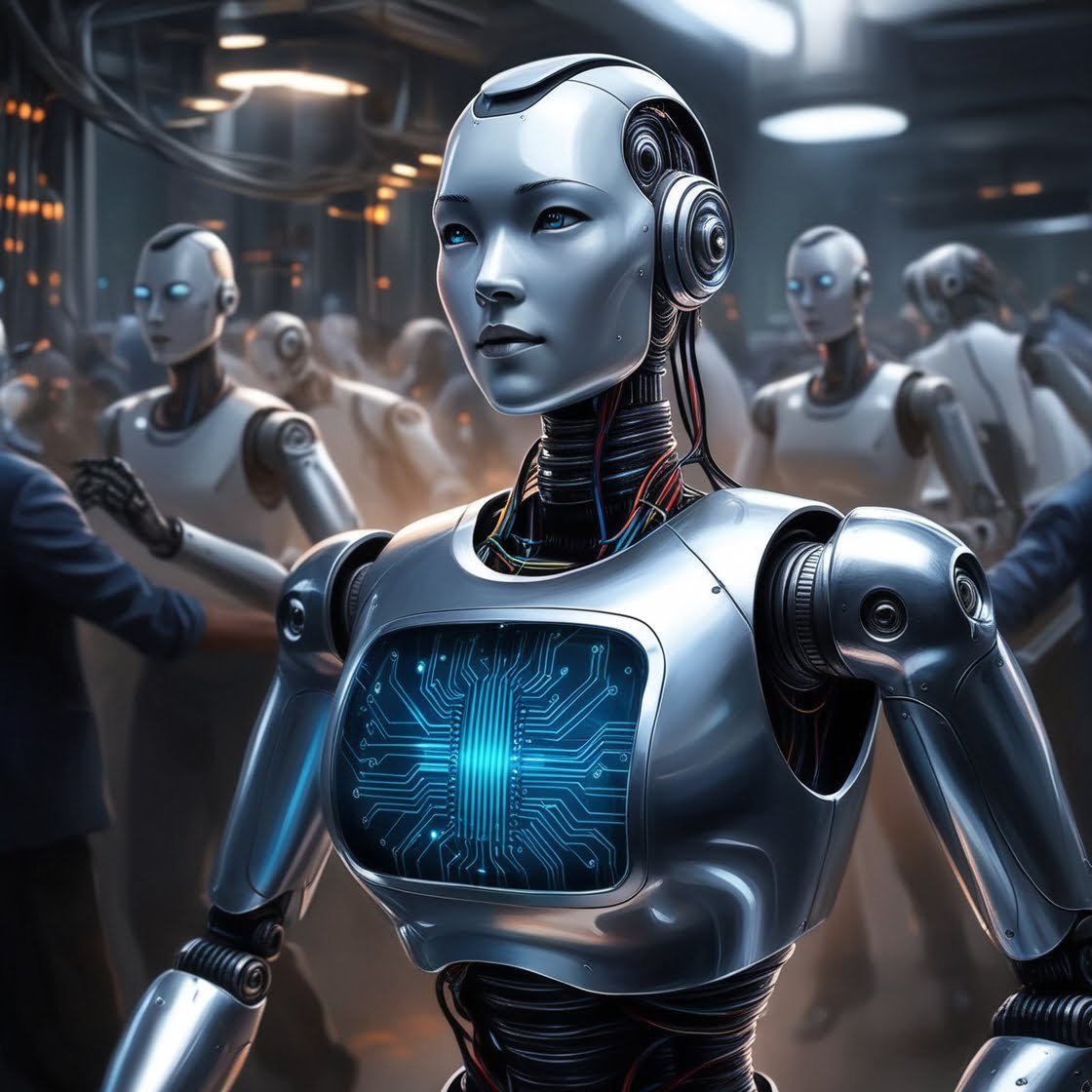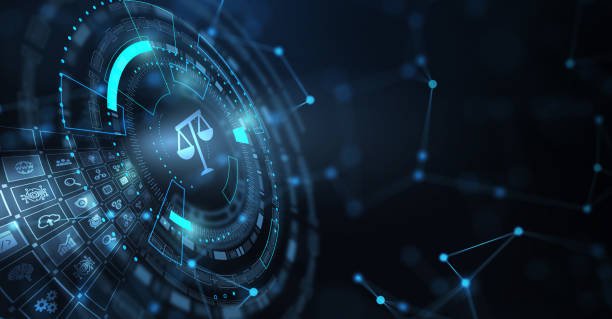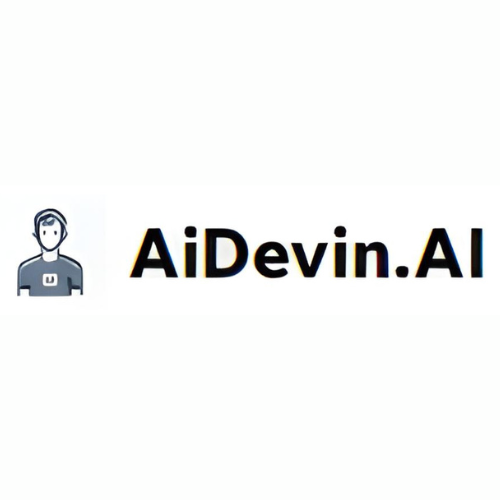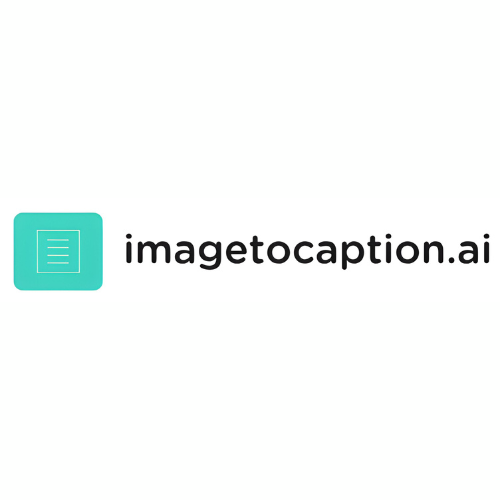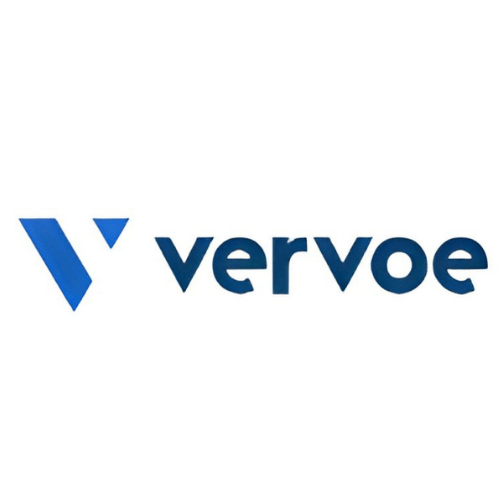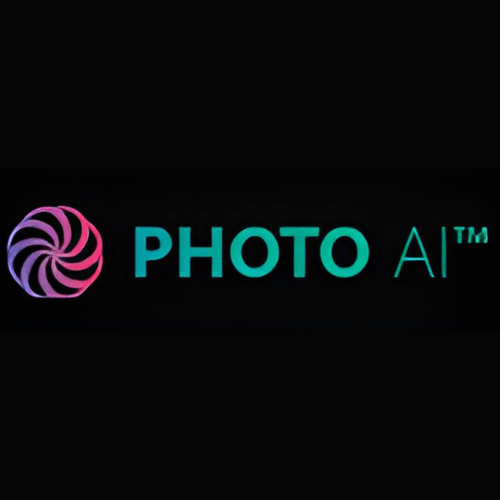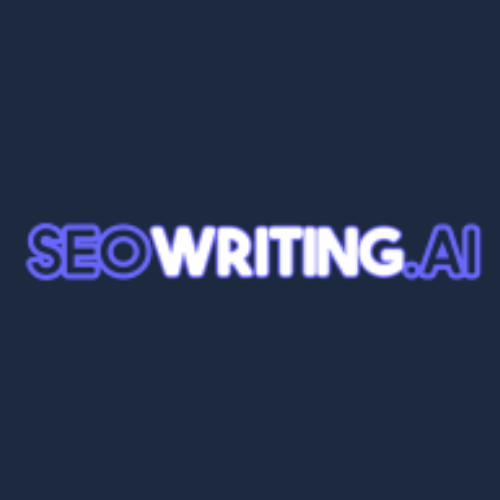Do you think that AI will create any job vacancies by 2023? In the coming years, this fast evolving world of work is being shaped by technology and artificial intelligence, specifically. In this enlightening guide, we shall discuss five strategic moves that will enable not only your survival but also increased performance in a world ruled by machines between 2024-2030.
From exploring the dual impact of AI on jobs to forecasting the economic implications and discussing AI’s societal influence beyond mere economics, these are some of the topics we will look into so that you can have an understanding on how to navigate through this era. Discover practical tips for mastering jobs driven by Artificial Intelligence (AI), adopting lifelong learning as well as sharpening important soft skills essential to success during the reign of AI.
Are you ready for what lies ahead with flexibility and adaptability? And set off towards unveiling the power of AI for your career development and prosperity.
The Dual Narrative: Impact of AI on Jobs
There has been a dual narrative around the effects of AI on employment in recent times. On one hand, use of artificial intelligent technologies could result in more job positions and enhanced productivity across different sectors. The advent of complex AIs has opened up roles such as those pertaining to ethical questions, algorithms or data scientists.
However, there is also worry about job losses from automation due to fears about technological advancements such as those brought about by AI. This means that as technology gets better at mimicking human behaviors tasks traditionally performed by people are affected. This raises concerns over future viability in certain industries and adaptability requirements.
Job Creation vs. Job Displacement: The Balancing Act
It requires having a balanced view when it comes to navigating through employment impacts caused AI developments. Even though some jobs may be auto-run it should be remembered that AI has potentiality for creating new ones altogether. For instance, professionals able to build and maintain systems while others interpret and apply the information from these tools have become in high demand as AI continues to gain traction.
Adapting to the AI Era: Embracing Change
To succeed amid disruptions by AI, change must be embraced and adapting job market should be the mantra for individuals and organizations. This calls for skills like programming, analysis of data and thinking critically that are complementary to those of AI tools. Agile employees who keep learning can put themselves in positions to leverage on the opportunities that come with AI.
💡 Key Takeaways: The impact of AI on jobs is a complex narrative, presenting both challenges and opportunities. Thriving in the age of artificial intelligence will therefore require embracing change and acquiring new skills.
A Forecast: Economic Implications
The potential economic implications of artificial intelligence (AI) are vast as indicated by several studies which suggest that this technology will be a transformative force for economic growth over the next years. PwC report states that by 2030, due to increases in productivity and consumer demand, the global economy may benefit from $15.7 trillion generated by Artificial Intelligence (AI).
AI and Economic Growth
One of the key ways in which AI is expected to boost economic growth is through enhanced productivity and innovation. This means that AI powered tools and systems help make work flow, while also improving decision making at a higher rate and increasing firms’ efficiency. An example of this is when repetitive chores are automated by AI freeing human workers to concentrate on more valuable tasks that require critical thinking as well as creativity.
Besides, there’s potential for AI to drive innovation throughout a range of areas such as health care, finance, manufacturing or transportation. By analyzing big data sets and recognizing patterns, it can provide fresh insights into which new products may be developed or services implemented to enhance success.
💡 Key Takeaways: Artificial intelligence has the potential to significantly affect global GDP through sector-wide productivity gains and innovation.
Beyond Economics: Societal Influence
The influence of AI goes beyond economics in life causing both challenges and opportunities. As our lives become increasingly intertwined with these technologies, they have the potential to transform how we interact with each other, make decisions or determine what it means to be human.
Considering Ethics And Policies
One of the main societal challenges raised by AI is the need for strong ethical frameworks as well as policies that guide its development and deployment. In addition, because Artificial Intelligence (AI) systems are becoming increasingly autonomous thereby making decisions that impact people’s lives it becomes important that they are designed so as to align with human values while promoting fairness, transparency and accountability.
Policymakers from different sectors must come together to agree on rules governing AI applications in order to mitigate risks such as biasing, privacy issues among others associated with technological displacement. This dialogue will involve technologists speaking with ethicists who then connect legal scholars before involving large sections of the society at large.
AI For Social Good: Environment And Climate Change
Despite all this , artificial intelligence can also play a great role in addressing pressing global problems like climate change and environmental sustainability. This is because AI enabled systems can help in monitoring human impact on the environment, optimizing resource use and managing energy shift to renewable sources.
For instance, by using AI technology, we can analyze satellite imagery or sensor data to track deforestation, monitor air or water quality and even forecast natural calamities. It is therefore possible for us to employ AI more effectively when it comes to conserving nature as well addressing climate change concerns.
💡 Key Takeaways: The societal influence of artificial intelligence goes beyond economics and calls for careful examination of ethical implications and policy frameworks as well as opportunities to deal with global threats like environmental sustainability and climate change.
Predictions And Readiness: Tomorrow’s World
As AI keeps evolving, its impact on various sectors becomes more evident. In the same vein, these industries will also leverage upon artificial intelligence (AI) including customer service retail e-commerce research innovation in reshaping work structure and determining skills demanded by jobs within them.
Retail & Customer Service: Automating Everything Personally
The retail business and that of customer care are already using A.I chatbots/virtual assistants which handle simpler queries while suggesting individualized products or services over the internet. As a result these sophisticated technologies are expected to conduct majority of customer interactions while freeing humans from having complex tasks alone.
However, this shift to automation also emphasizes the need to have strong interpersonal skills and emotional intelligence because even in establishing customer relationships and resolving complex matters there has to be a human touch.
Research and Innovation: AI-Driven Breakthroughs
In the context of research and innovation, artificial intelligence is poised to revolutionize science discovery acceleration as well as technological advancement. AI-driven tools could scrutinize massive datasets, recognize trends, and provide insights that are hard or impossible for humans alone to perceive.
For instance, AI use in pharmaceutical industry streamlines drug discovery and development process reducing bringing new treatment options timeframes’ as well as costs. Likewise, in material sciences or renewable energy fields, AI helps researchers to think outside the box besides fine-tuning designs for better performance and sustainability.
Preparing for the Future: Skill Development and Collaboration
To thrive amidst an era dominated by AI, individuals and organizations must focus on skill development and collaboration. This entails obtaining technical competencies related to Artificial Intelligence (AI) as well as data science aside from sharpening their critical thinking abilities plus problem-solving skills together with communication potentials.
Moreover, fostering collaboration between human workers and Al systems will be essential for maximizing the benefits of these technologies while mitigating potential risks and challenges. By working together humans can work with machines towards innovation leading value addition across sectors.
💡 Key Takeaways: AI is set to transform various sectors from customer service and retail through research and innovation thus future success depends on individual skill development priority areas.
Future Career Strategies: Mastering the AI Era
Individuals should take proactive steps in order to position themselves for success during this era when jobs are being redefined by artificial intelligence. This will involve learning new skills sets, embracing life-long learning approaches as well developing those essential human capabilities that would complement those possessed by the machines.
Acquiring AI-Related Skills And Specialization
Another approach that may see one succeed in the age of Al involves developing expertise in AI development, implementation and management. It may entail learning programming languages like Python or R, mastering machine learning algorithms or even becoming proficient in data analysis and visualization software.
In addition, individuals can specialize in particular areas of AI which will make them stand out from the rest. Some examples include: AI ethics, natural language processing (NLP) and computer vision which are highly sought after across industry sectors.
Lifelong Learning And Adaptability
Given the pace at which technology is changing, it is critical that individuals embrace lifelong learning to remain relevant in the age of AI. This involves always updating their skills and knowledge through either formal education, online courses or on-job training.
Having a growth mindset and being open to new technologies and ways of working will be crucial for navigating the fluid job market. When one has curiosity, an open mind as well as proactively seizes learning opportunities he/she is best placed to take advantage of new career routes when they arise.
Developing Soft Skills And Human Capabilities
While technical skills are important, so too are soft skills and human capabilities that complement those offered by Al technologies. These include but not limited to critical thinking, problem solving creativity empathy among others effective communication skills.
As AI begins to tackle more monotonous and repetitive tasks, the value of human labor will increasingly lie in their ability to solve complex problems, think strategically and collaborate well with both machine and man. Consequently, individuals who are able to develop these essential human skills can differentiate themselves and add unique value in a world characterized by AI.
Therefore, for those who want to be successful during the period of artificial intelligence there should be proactive career approach that includes acquisition of AI-related abilities, continuous learning as well as development of essential human qualities that complement AI technologies.
Real-World Application of IT Jobs Today
By presently being applied within varied real-life job settings, artificial intelligence tools and systems reveal how they could change work processes and boost efficiencies. From customer service chatbots to predictive maintenance algorithms in manufacturing, AI presence is felt across business verticals.
For instance, in retailing sector firms employ AI-powered recommendation engines that aid them personalize customers shopping apart from optimally managing Inventory while making supply chain logistics efficient. Within health care applications include medical image analysis diagnoses support even predicting patient outcomes.
These real-world examples highlight the growing role of AI in today’s job market as well as underline the need for individuals to keep abreast with current developments concerning the same. People who understand how this technology is used practically will better position themselves by having an advantage over others when it comes to using these tools or adapting with time at their workplace.
💡 Key Takeaways: AI is already being applied in various real-world job contexts, demonstrating its transformative potential and emphasizing the need for individuals to stay informed about AI developments.
AI Creating New Job Opportunities: Where will You Find Them?
Although certain responsibilities or positions may be automated through AI implementation yet it also creates new jobs across multiple sectors. As businesses adopt AI technologies and develop new products and services, they are generating demand for professionals with specialized skills and expertise.
Emerging Roles Around Artificial Intelligence
Some of the most promising job opportunities in the AI era include:
AI Ethicist
AI systems are becoming increasingly complex and autonomous, requiring professionals who are capable of ensuring that such technologies are developed and employed ethically and responsibly. They identify possible hazards or biases within AI platforms while issuing guidelines for their ethical utilization.
Renewable Energy Analyst
The use of AI is significantly contributing to the growth of renewable energy sources through optimizing solar panel placing as well as predicting wind patterns. Renewable energy analysts make use of AI tools to analyze data, design models, and facilitate decision-making processes in the clean energy industry.
AI Product Manager
Technology teams developing new products powered with artificial intelligence shall require hybrid professionals with a knowledge both sides. As a result, these managers help businesses create roadmaps to implement AI solutions which should be in line with user needs and address businesses objectives.
AI-Assisted Healthcare Professional
For instance, medical images analysis that is done by using Artificial Intelligence (AI) algorithms can be helpful to physicians when diagnosing various diseases hence recommending treatment plans. These professionals work together with AI systems in order to enhance health care services besides delivery high standard health care outcomes.
To thrive in an AI-driven labor market like this one, individuals need to pay attention to these emerging opportunities as well as gain the requisite skills and expertise.
💡 Key Takeaways: AI is opening up new career paths in diverse fields, ranging from AI ethics and renewable energy to product management and healthcare, allowing people to specialize and thrive in the AI era.
The Inescapable Need for Soft Skills in an AI World
Increasingly though, as artificial intelligence assumes more technical and repetitive activities at work, the value of soft skills is becoming apparent. While it can process huge amounts of data and provide insights, AI lacks human touch or context understanding which are vital for effective communication, collaboration and decision-making.
Soft skills like emotional quotient (EQ), creativity and critical thinking become more valuable in an artificially intelligent society as they enable individuals to navigate through complex social networks professionally, think strategically and develop innovative solutions to challenges.
Furthermore, with wider adoption of Artificial Intelligence into various job roles, the ability to collaborate effectively with them will be crucial. This calls for technical proficiency but also requires strong interpersonal skills as well as leadership qualities necessary for ensuring that the use of AI aligns with organizational goals.
💡 Key Takeaways: Soft skills including EQ (Emotional intelligence), creativity and critical thinking are increasingly important in a world driven by artificial intelligence enabling individuals to effectively interact with both humans and machine teammates.
Lifelong Learning: The Non-Negotiable Investment
In today’s rapidly changing age of AI, lifelong learning is not a luxury but a necessity if individuals want to remain relevant in job markets. Just as the early days of internet required quick adaptation by professionals leading them into attaining new skills so does rise of AI necessitate continuous learning commitment towards skill development.
One way is through taking advantage of education programs that offer hands on experience on cutting edge knowledge on developing AIs like UC Berkeley whose faculty includes Stuart Russell one of the top experts in this field who teaches a course specifically about it. It would be wise therefore for anyone interested in such transformative technology to learn directly from these industry pioneers to help them remain on top of any changes that are being brought about in AI.
Also, individuals can learn through self-directed means such as attending online courses, workshops or professional networks. For that reason, people who are curious and proactive about exposing themselves to new learning experiences will always be able to update their skills and knowledge according to AI era requirements.
Overall, it is critical for lifelong learning not just for the individual’s career growth but also on the innovation and advancement taking place around AI. With more professionals engaging in continuous skill development, there is a possibility of expanding the realms of AI possibilities. This way companies and society would benefit a lot from it in the long run.
💡 Key Takeaways: In this era where change is rapid especially when it comes to AI, lifelong learning should be looked at as an investment rather than just a process of updating ones skills and knowledge through formal education or personal initiatives or consulting with experts in this field.
AI’s Role in Streamlining Businesses and Boosting Efficiency
However artificial intelligence is not only changing an individual’s job position but it’s also reshaping business operations towards efficiency. On that note organizations can streamline processes, make better decisions with aid from AI tools, systems thereby gaining competitive advantage against one another within particular markets.
For example, in the retail industry, AI-based systems for managing stock can enable companies to forecast demand more accurately, reduce waste and streamline supply chain logistics. This will improve operational efficiency and also enhance customer experience by always keeping products on shelves.
Similarly, in manufacturing industries AI can be used to monitor equipment performance, predict maintenance needs and optimize production processes. Companies could cut downtime by utilizing AI insights while improving quality control and boosting productivity.
The importance of AI for business efficiency and strategic planning will only increase as it continues to evolve. Businesses that incorporate AI appropriately into their operations and learn how to integrate it effectively will have a competitive advantage going forward.
💡 Key Takeaways: From retail optimization of inventory to increasing production capacity in manufacturing, artificial intelligence (AI) has increasingly become indispensable for streamlining organizations; therefore contributing immensely towards strategic planning and competitive edge.
Overcoming the Challenges: AI Ethics and Sustainability
As society becomes increasingly reliant on artificial intelligence (AI), addressing the ethical and sustainability concerns surrounding this transformative technology is extremely important. If not developed responsibly, AI algorithms may perpetuate bias, raise privacy issues or create unintended consequences.
To address these challenges more AI ethicists are needed who can ensure that the design of human-like robots aligns with human values so as to promote fairness at all levels of accountability or transparency. Such an approach thus calls for a multidimensional engagement among technologists, policymakers, as well as ethicists aimed at initiating robust frameworks together with guidelines towards development of ethical artificial intelligence (AI).
Additionally, apart from issues surrounding ethics there are serious environmental ramifications due to the increased usage of this technology especially when it comes to climate change mitigation. However even though Artificial Intelligence could help optimize resource utilization moreover support transition phase into green energy but itself bears some carbon footprint plus other possible environmental implications too.
Sustainability should be prioritized through developing solutions that minimize adverse environmental effects while advancing AI technologies further. Business people together with policy makers must therefore ensure that AI supports sustainability goals in the long run.
💡 Key Takeaways: Meeting AI’s ethical and sustainability challenges requires technologists, policymakers and ethicists to work together. This also requires investing in AI solutions that are consistent with human values and support long-term environmental sustainability.
Anti-Fragility: Adapting to Change for Future-Proof Careers
Therefore, people must embrace anti-fragility if they are to be successful amidst the fast-paced technological changes and AI disruptions. Rather than becoming weak in tough times, it is a requirement for individuals to become stronger by accepting uncertainties and change.
The other aspect of developing Anti-fragility involves adopting a growth mindset which is always ready to learn new skills whenever they arise. One way of doing this is remaining inquisitive, open-minded and proactive in the acquisition of knowledge or expertise which would enable someone adapt new technologies as well as job requirements occur.
Therefore, strategic career planning combined with decision making becomes another important factor needed to develop anti-fragility. It means foretelling possible disruptions, knowing personal strengths and limits while looking for opportunities where one can grow or specialize. Consequently, such an individual could plan their career ahead with tactfulness hence being flexible enough when seeking job shifts within an evolving job market interchange
Building relationships and strong networks matter as they contribute towards antifragility. Joining peers, mentors, experts in various fields helps one get better insights, alternative opportunities into what really counts when facing career transitions or disruptions.
Conclusion
Adapting through anticipation is key for navigating jobs in an environment transformed by advances in artificial intelligence (AI). Using this article, we have tried providing critical understanding on how economic implications can be forecasted as well as what could mean a trend for job automation. Lifelong learning push-ups soft skills and acquires new AI technology are critical strategies of building career resilience and growth. Today, AI is more streamlined and has opened new job opportunities that necessitate one to be continuously learning new skills. Combining AI ethics with sustainability points out the importance of balancing innovation with ethics. Through fostering a culture of adaptation and upskilling, readers are well positioned to take advantage of this opportunity for dynamic job market navigation. Stay ahead, embrace change, and unlock boundless possibilities in the AI-driven future.

